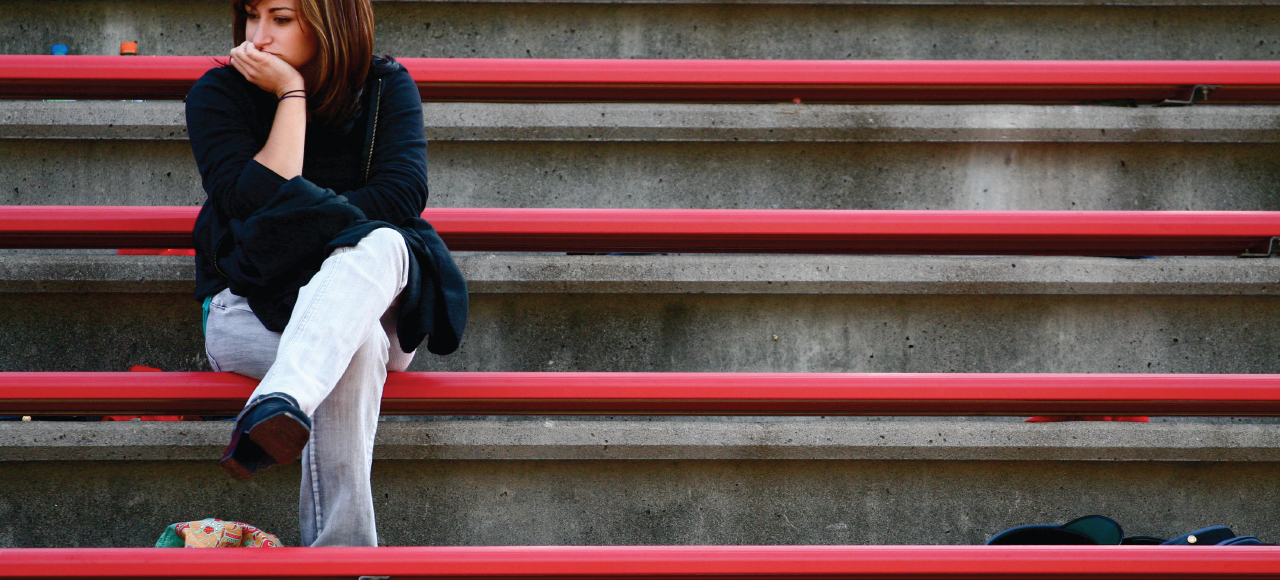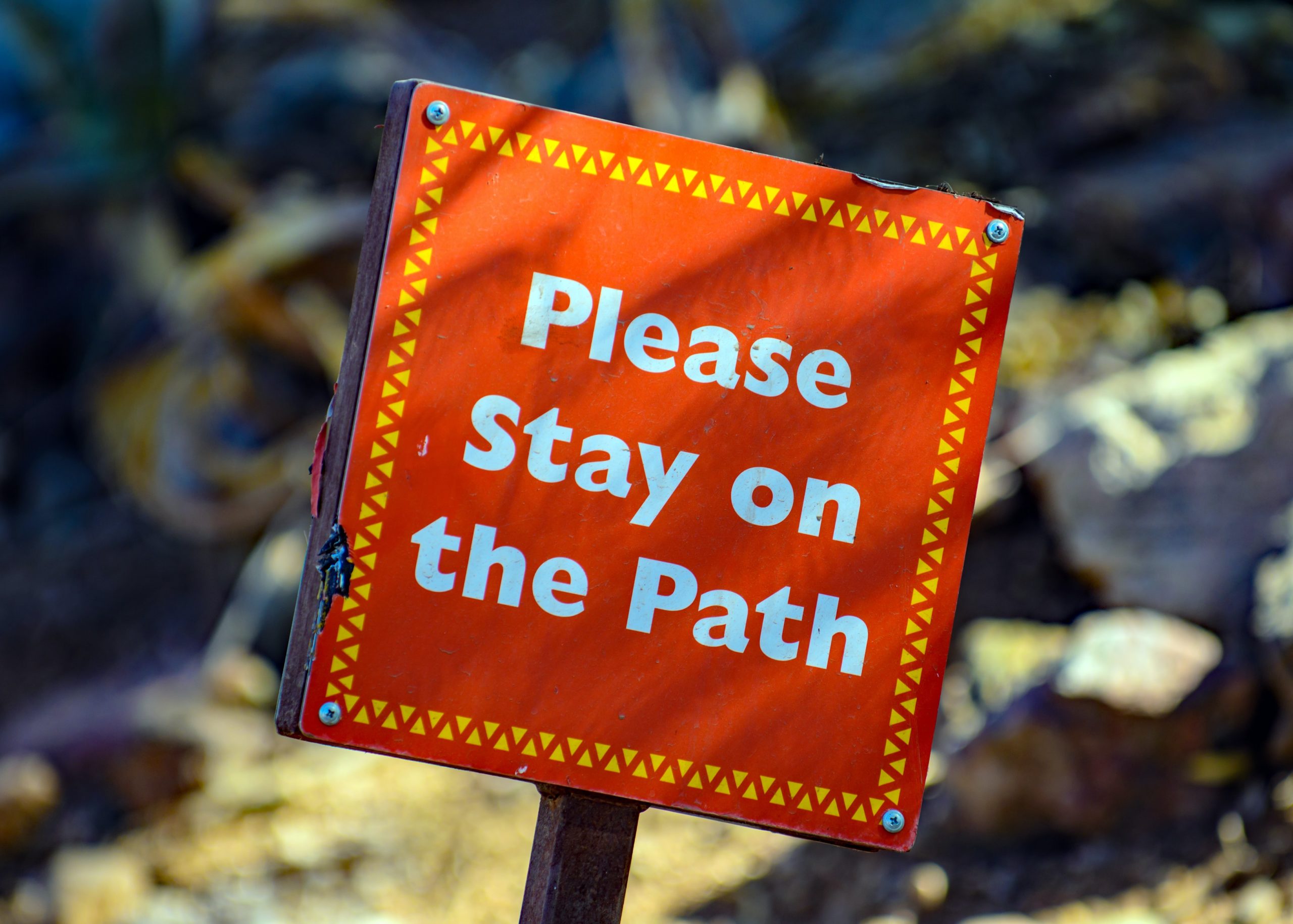“I often eat things because I don’t want them to go to waste. I may not even like them that much, but they cost money and I don’t want to be wasteful.”
Can you relate?
One of our Weighless program members posted this in our forum this morning. We’ve heard hundreds of variations on this theme over the years. I shudder to think how many millions of excess calories are consumed every year by people who just can’t stand to throw food away. Or the kids who are being indoctrinated into this unhelpful mindset with things like the Clean Plate Club.
Don’t get me wrong. Food waste is a huge problem that deserves our earnest attention. But guess what? Eating food you don’t need–or don’t even want–does not reduce food waste.
It doesn’t feed starving children. It doesn’t recover the resources that were used to produce it. It doesn’t put the money back in anyone’s wallet. It doesn’t really even keep it out of the trash. It simply turns your body into the trash receptacle.
Once we recognize the sheer folly of eating food just to prevent it from being wasted, it opens up some really useful alternatives:
- We can truly commit to an essential Weighless principle: If you’re not hungry and/or you’re not enjoying the food, stop eating!
- We can truly commit to meaningful action to reduce food waste.
The best way to reduce food waste is to stop buying, cooking, ordering, or serving yourself more food than you want or need. (We have specific strategies for this in Weeks 3, 6, 8, 9, and 12 of our year-long program)
If you do find yourself with more food than you want or need, share it with a friend, stranger, or even with your future self. Split an oversized portion with your dining companion. Donate excess food to a soup kitchen or homeless shelter. Pack it up and put it in the freezer for later.
If none of that is possible, throw it away or compost it. If it feels bad to throw it away, let that motivate you to redouble your efforts to avoid the situation in the future.
It is everyone’s job to help reduce food waste. But it is not your job to be a human garbage disposal.
I hereby disband the Clean Plate Club.



